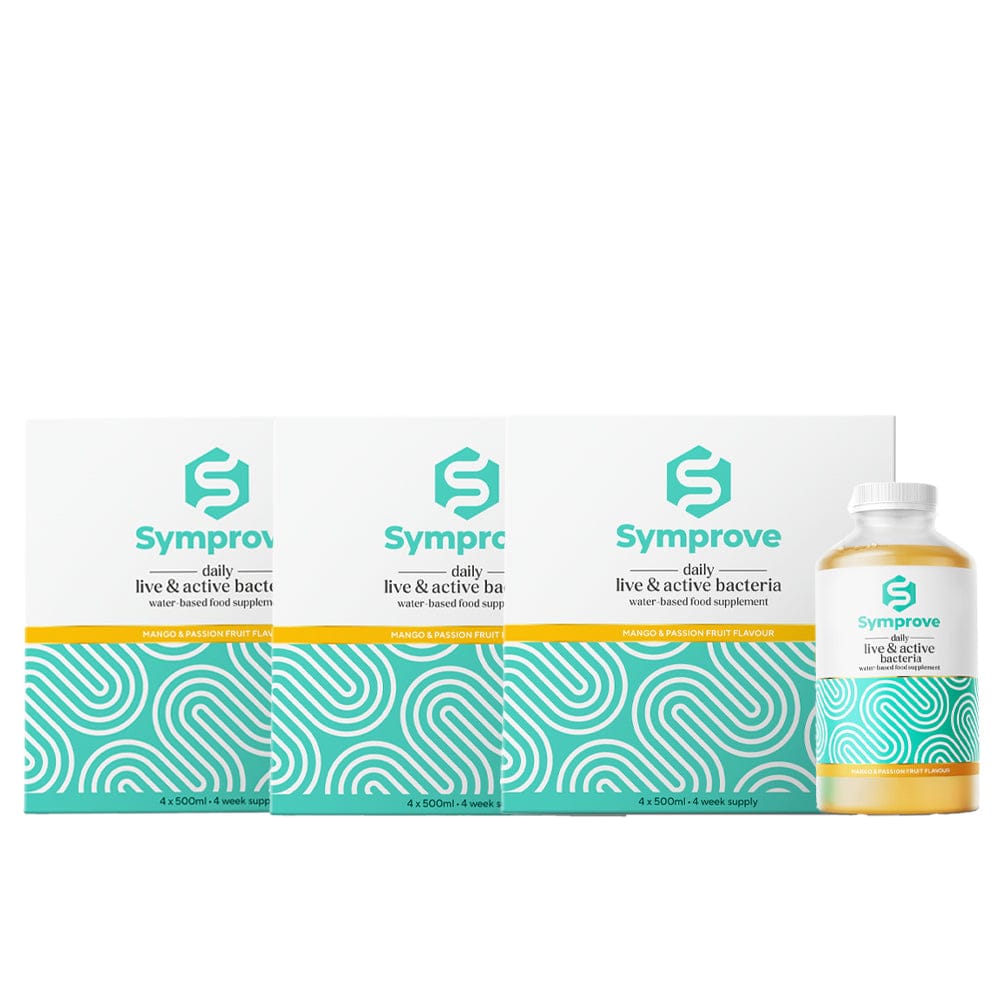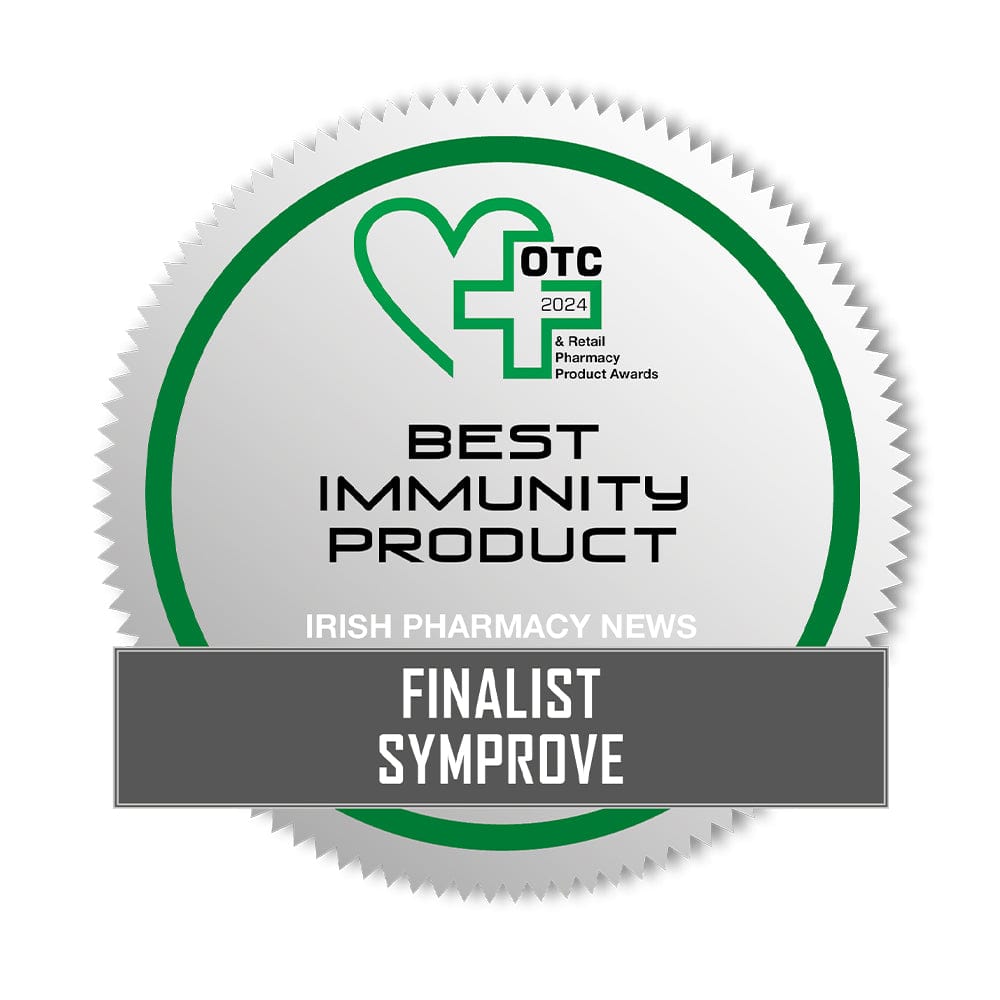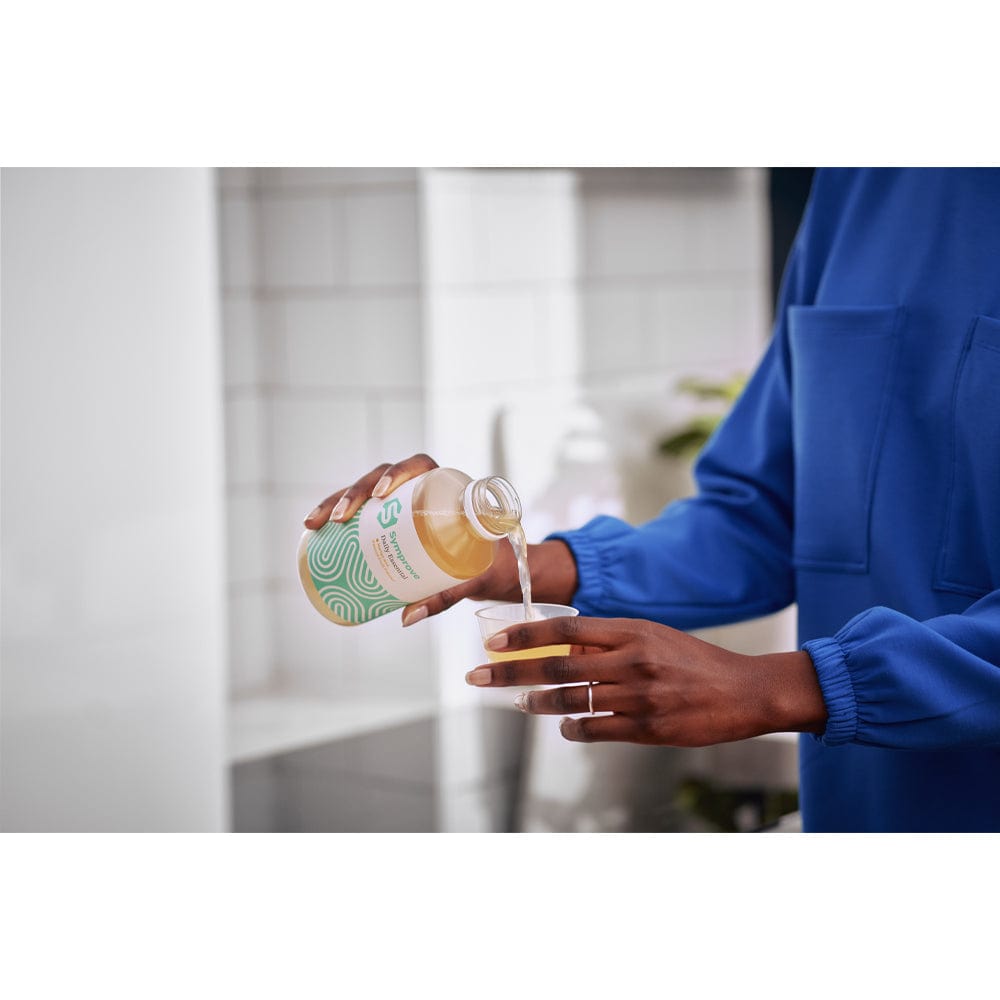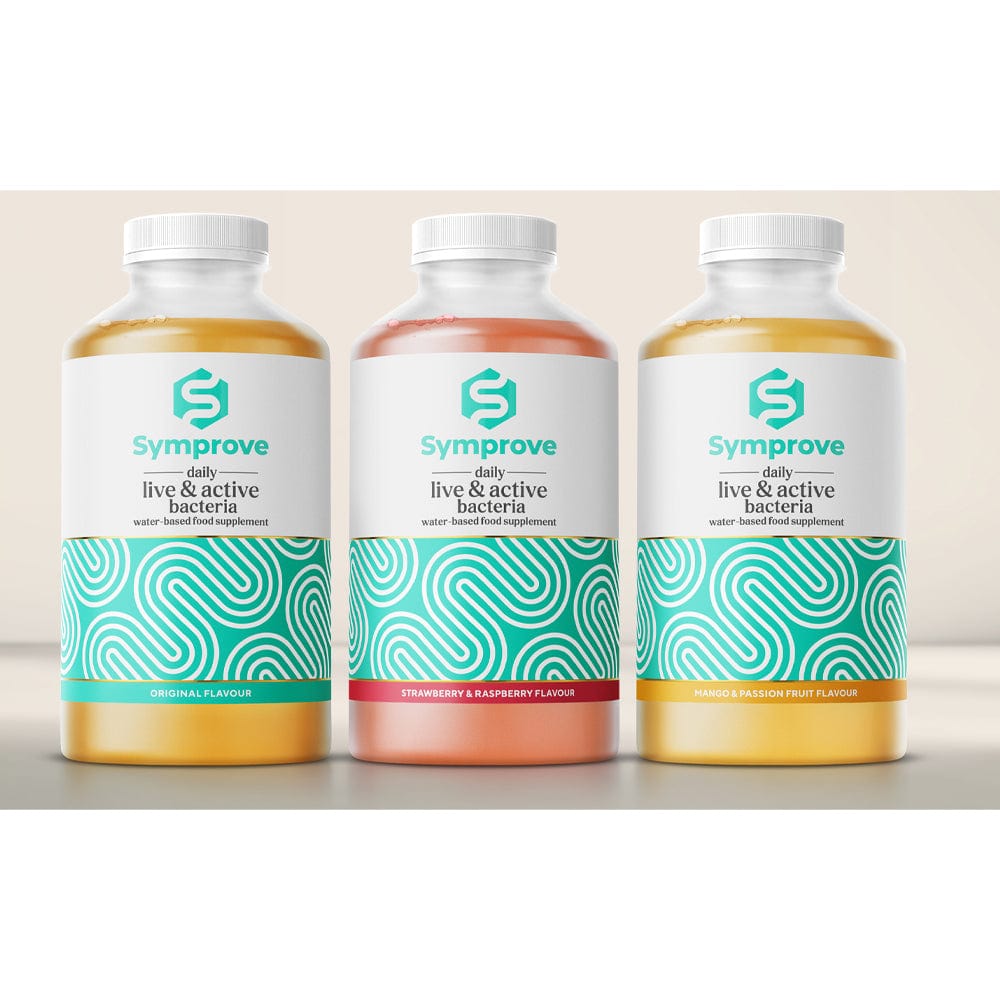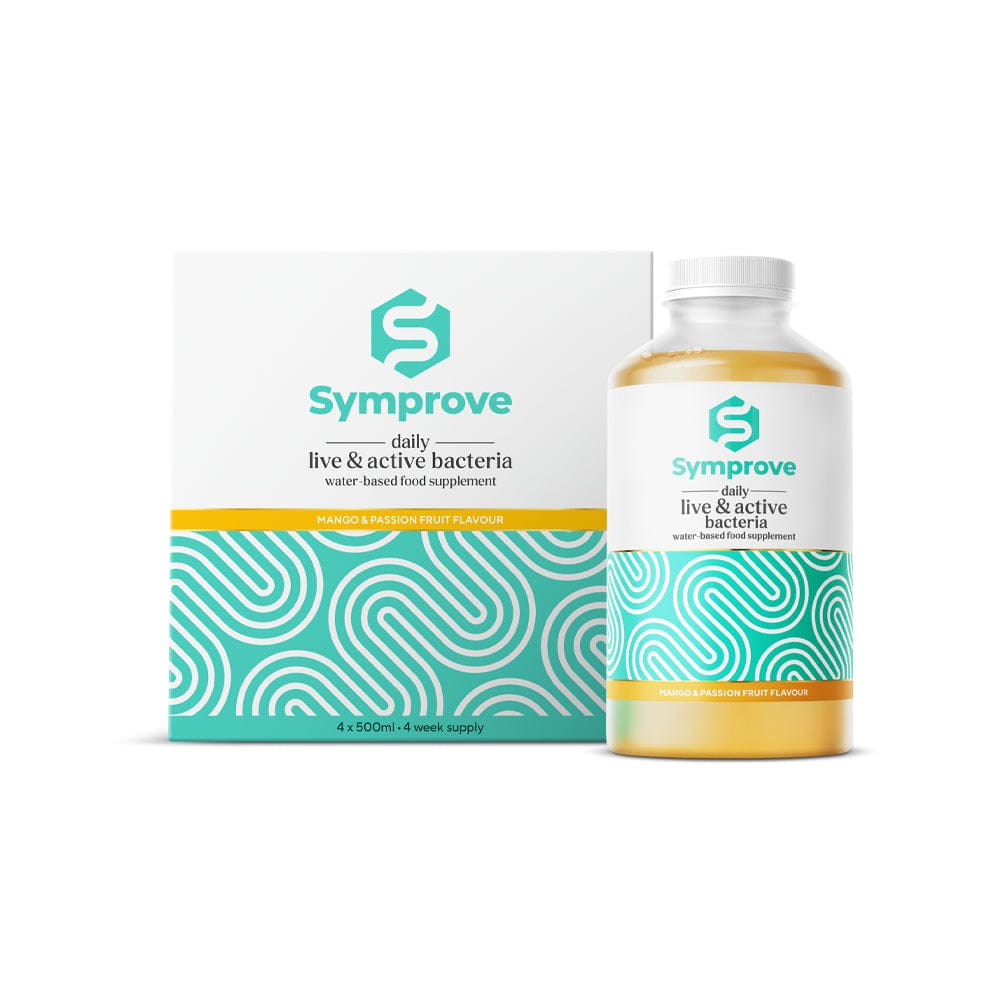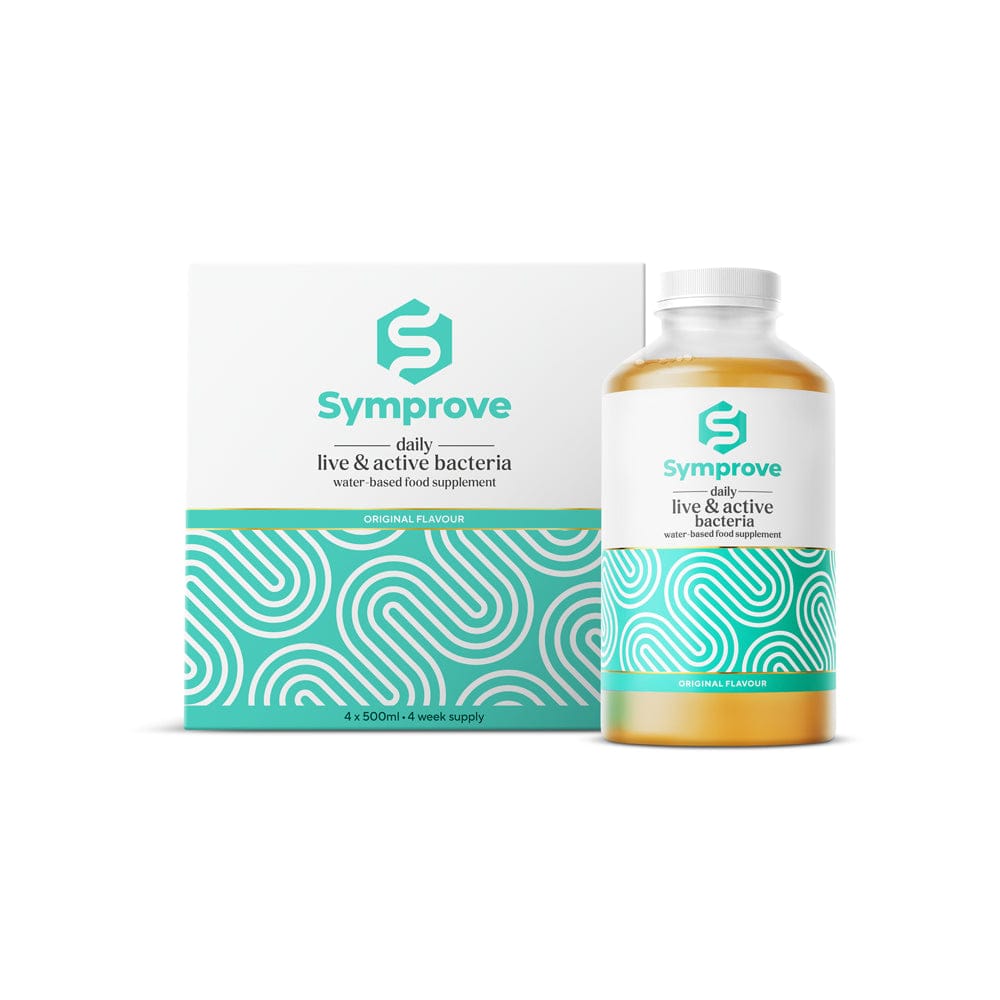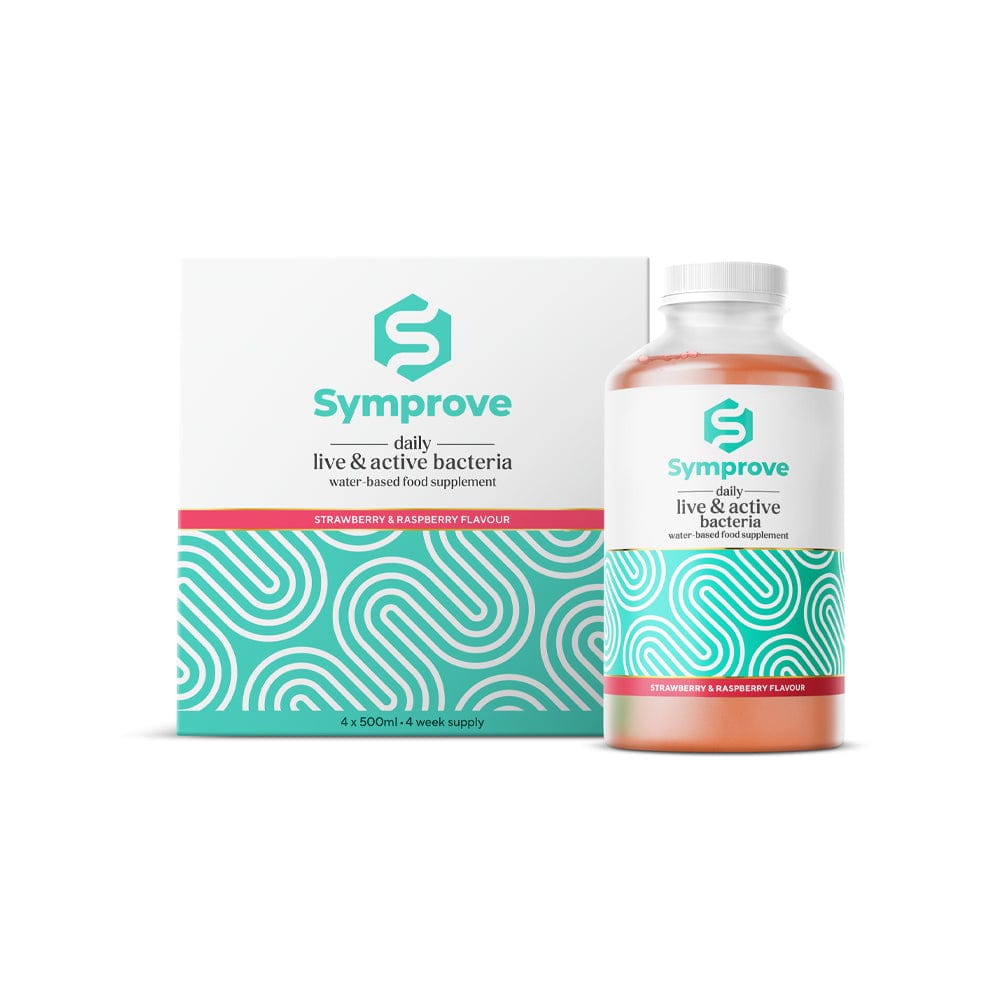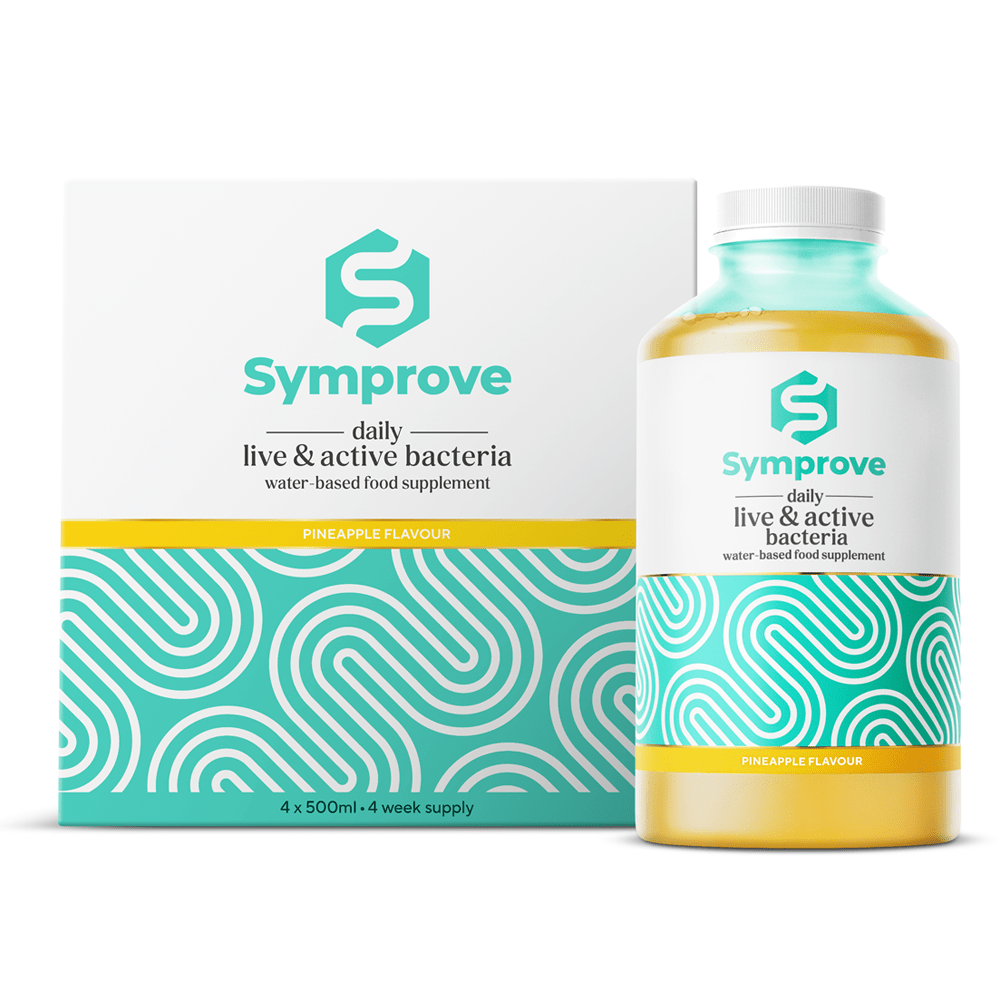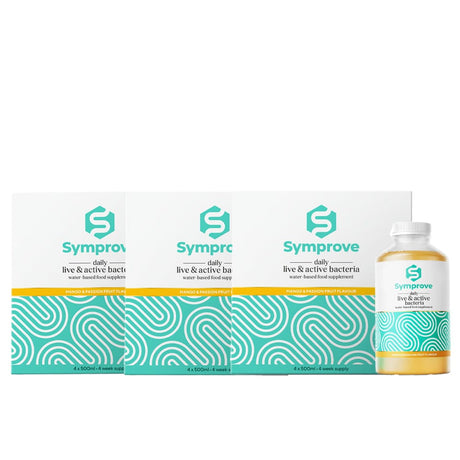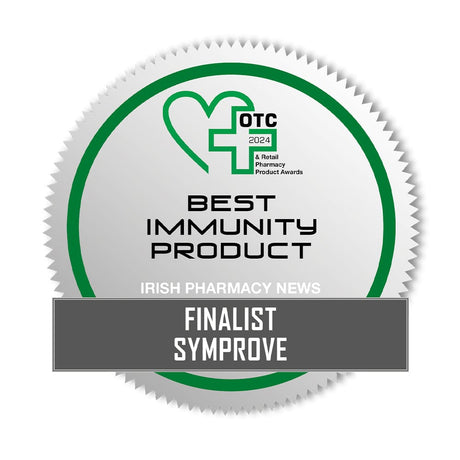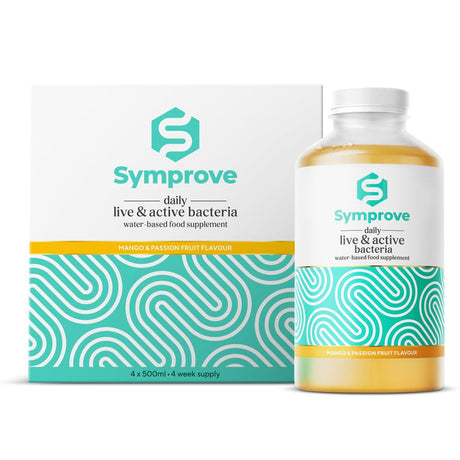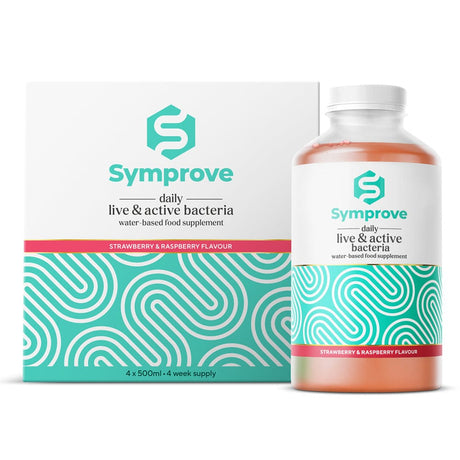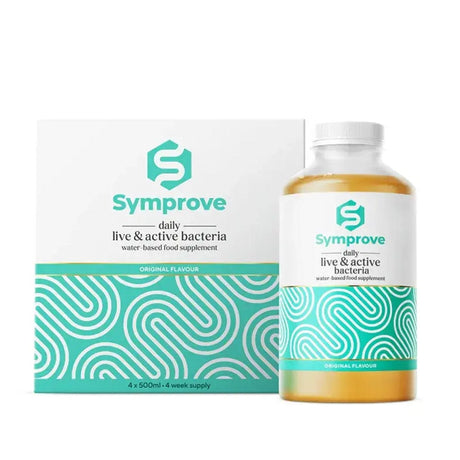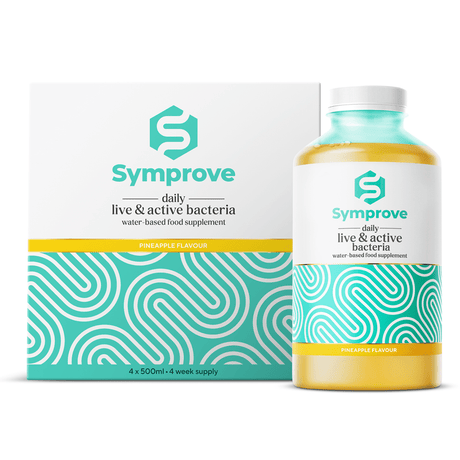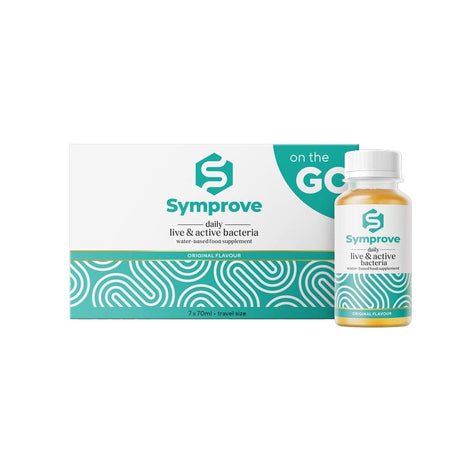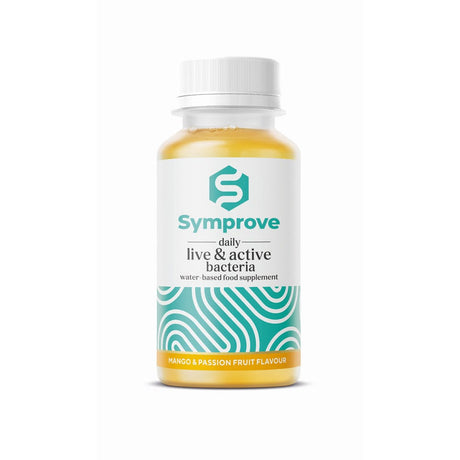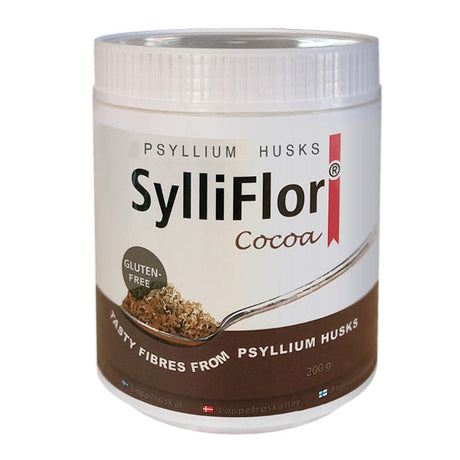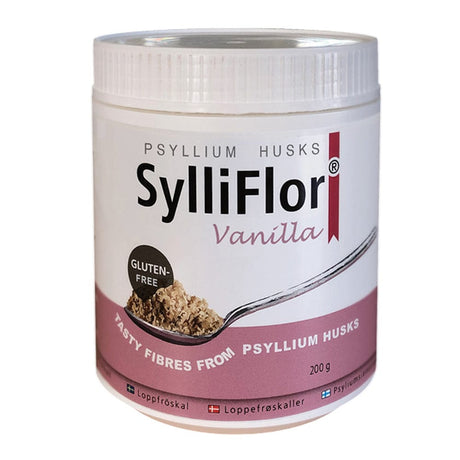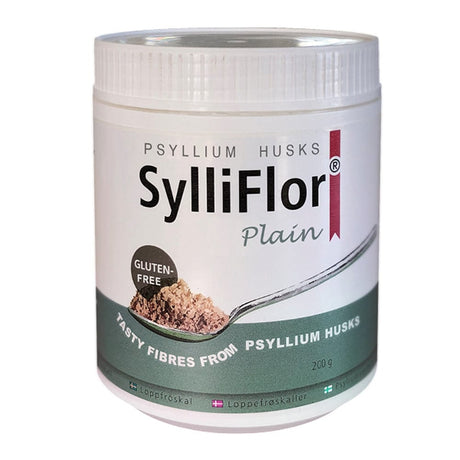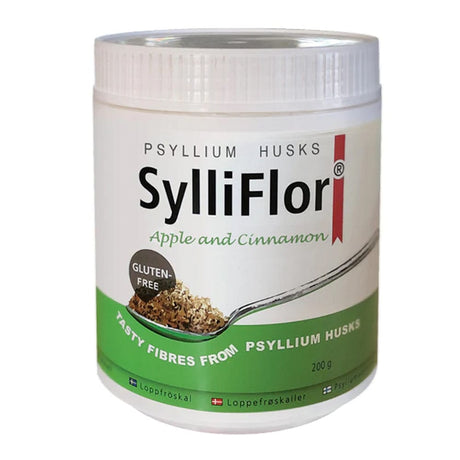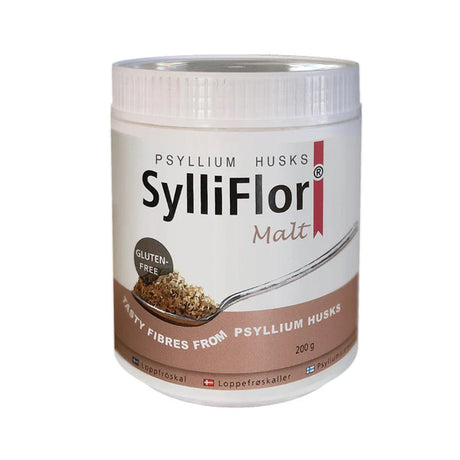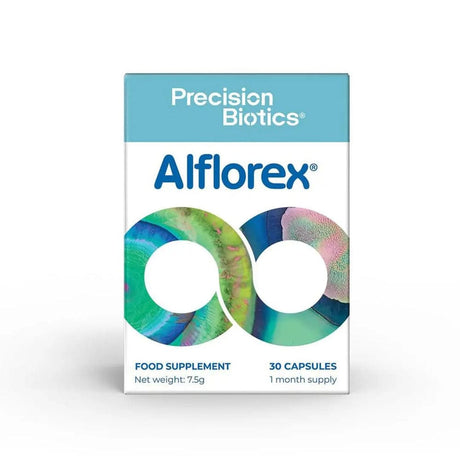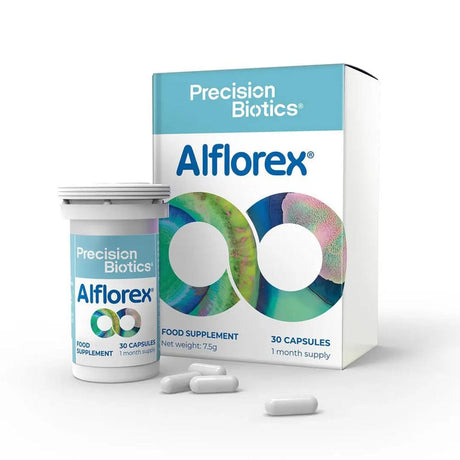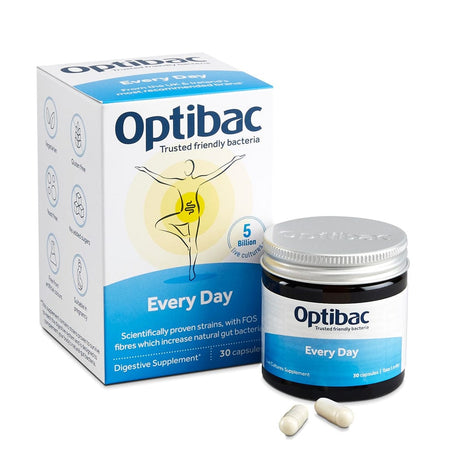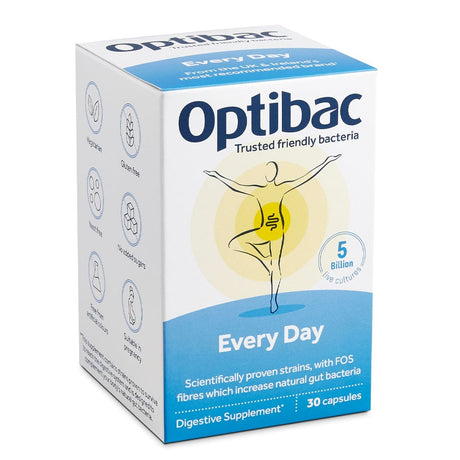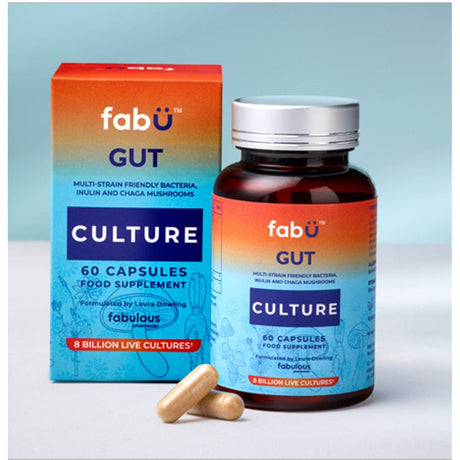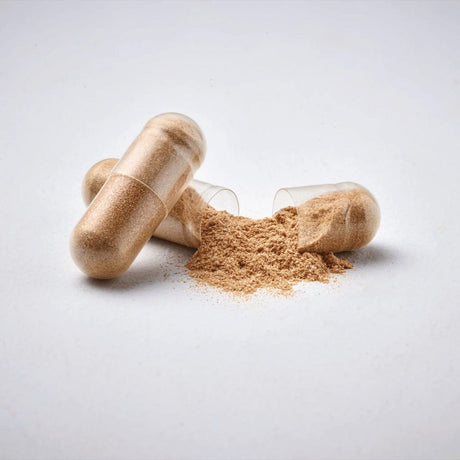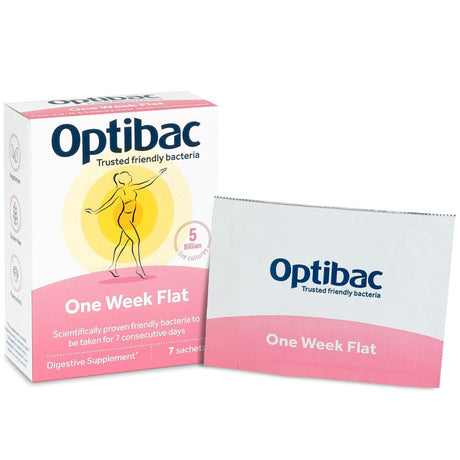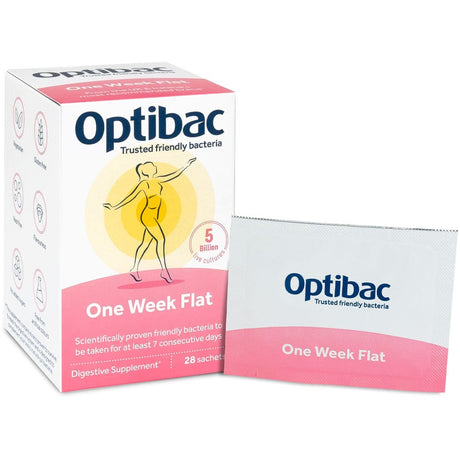Crohn's Disease
Crohn's Disease
Crohn’s disease is an inflammatory bowel disease. It can result in inflammation of any part of the gut, from the mouth to the anus. The most
common area affected is the end small bowel/small intestine. Often the gut becomes inflamed in patches of varying sizes and severity, with healthy parts of gut in-between these sections.
Crohn’s disease is a chronic condition. This means that it is ongoing and life-long, although you may have periods of good health (remission), as well as times when symptoms are more active (relapses or flare-ups).
Causes of Crohn's disease
The causes for Crohn’s disease are not fully understood at present. Recent research has pointed to several possible causes for Crohn’s disease including;
- An underlying genetic cause
- Bacteria in the gut causing issues with the immune system resulting in increased inflammation
-Triggers such as bacteria, viruses, diet, smoking and stress.
Signs and symptoms of Crohn's Disease
Symptoms vary from person to person. The severity of the symptoms depends on disease activity, the location of the inflammation, the body’s own
response to the disease and the influence of medications to fight the disease.These may include:
- diarrhoea or loose stools
- fever (sometimes in the form of night sweats)
- fatigue,
- tiredness
- anaemia (low blood count)
- nausea,
- vomiting
- cramps, abdominal pain
- fistulae, particularly perianal fistulae (connections or short cuts between the bowel and the skin or the bowel and other organs)
- skin tags
- weight loss
- mouth ulcers
- deep ulcers in the bowel or stomach
- growth can be affected with children.
Complications of Crohn's Disease
There are complications both inside and outside the gut. Within the gut complications include structural changes such as fistulae detailed above. Complications outside the gut are less ommon but include:
Joints - inflammation of the large and small joints of the arms, legs, pelvis and spine. This can cause pain, swelling and restriction of normal movements in the joints affected.
Skin - painful, red skin especially on the shins
Eyes - painful, red, gritty watery eyes (iritis, conjunctivitis)
Liver - abnormalities due to involvement of the cells (chronic active hepatitis) or bile ducts
Anaemia - (low blood count)
Ulcerative Colitis
Ulcerative Colitis
Ulcerative colitis (UC) is also an inflammatory bowel disease. Ulcerative colitis causes inflammation of the rectum and large intestine. Unlike in Crohn’s disease, ulcerative colitis is restricted to the large intestine and rectum and does not appear in random patches throughout the whole length of the gut. The ulcers that form are on the surface of the lining of the bowel and may cause bleeding and mucus. As with Crohn's disease, the causes of UC are not fully understood at present
Signs and symptoms of ulcerative colitis
Symptoms of UC vary from person to person. The severity of the symptoms depends on disease activity, the location of the inflammation, thebody’s own response to the disease and the influence of medications to fight the disease. These may include:
- Diarrhoea/ loose stools often with mucus containing bloodFeeling of being unable to completely empty the bowel
- Bleeding from the bottom
- Fatigue/ tiredness
- Anaemia (low blood count)
- Cramps, abdominal pain
- Fever occurs in severe cases
- Weight loss is less common than in Crohn’s disease.
Complications of Ulcerative Colitis
Complications of UC can occur both inside and outside the gut. Within the gut, complications include structural changes in the large intestine. Complications outside the gut are less common but include:
Joints - inflammation of the large and small joints of the arms, legs, pelvis and spine. This can cause pain, swelling and restriction of normal movements in the joints affected. Skin - painful, red skin especially on the shins
Eyes - painful, red, gritty watery
eyes Liver abnormalities due to involvement of the cells (chronic active hepatitis) or bile ducts Anaemia (low blood count).
Ostomy & Stoma Care
Ostomy & Stoma Care
If IBD becomes severe or there is significant structural damage there may be a need for interventional surgery. This is major surgery that creates an artificial opening or stoma in the wall of the abdomen. A special bag is placed over the stoma to collect waste products that usually pass through the colon (large intestine) and out of the body through the rectum.
There are two main types of ostomy which may be carried out on the gut, Colostomy and Ileostomy.
Colostomy
Colostomy
A surgically created opening in the abdomen in which a piece of the colon (large intestine) is brought outside the abdominal wall to create a stoma through which digested food passes into an external pouching system. A colostomy is created when a portion of the colon or rectum is removed due to a disease process or damaged area of the colon.
Temporary Colostomy
Temporary Colostomy
May be required to give a portion of the bowel a chance to rest and heal. When healing has occurred, the colostomy can be reversed and normal bowel function restored.
Ileostomy
Ileostomy
A surgically created opening in the abdomen in which a piece of the ileum (lowest part of the small intestine) is brought outside the abdominal wall to create a stoma through which digested food passes into an external pouching system.
Temporary ileostomy
Temporary ileostomy
May be required when a surgical site lower in the digestive tract needs time to heal. Examples include diverticulitis surgery, j-pouch surgery for ulcerative colitis or familial polyposis. A temporary ileostomy is usually constructed with a “loop” stoma
Permanent ileostomy
Permanent ileostomy
May be required when the large intestine is removed and reconnection to the anus isn’t feasible. Possible causes include Crohn’s disease, some cancers, colonic dysmotility, some cases of ulcerative colitis or familial polyposis. A permanent ileostomy is usually constructed with an “end” stoma.
Stoma Care
Stoma Care
Tips to keep your skin healthy:
- Make sure your skin is clean and completely dry before applying the adhesive
- Adjust the hole in the adhesive so that is exactly fits around your stoma.
- Make sure that there is full contact between the adhesive and your skin -use a bit of light pressure with you hand
- Change your appliance as soon as you feel any discomfort or itching
- Check the size of the stoma regularly, especially if you have a hernia
- Make sure to use the stoma appliance and accessories most appropriate for your body pro
Coeliac Disease
Coeliac Disease
Ireland has one of the highest incidences of Coeliac disease in the world. It is estimated that there are 50,000 people currently with the disease. Coeliac disease is a condition where your immune system attacks your own tissues when you eat gluten. This damages your gut (small intestine) so you are unable to take in nutrients.
Coeliac disease is caused by an adverse reaction to gluten, which is a dietary protein found in 3 types of cereal:
-Wheat
-Barley
-Rye
Gluten is found in any food that contains those cereals, including:
Pasta, Cakes, Breakfast cereals, Most types of bread, Certain types of sauces, Some ready mealsIn addition, most beers are made from barley.
Symptoms of coeliac disease include:
- Diarrhoea which may smell particularly unpleasantStomach aches
- Bloating and farting (flatulence)Indigestion
- Constipation
There's no cure for coeliac disease, but following a gluten-free diet should help control symptoms and prevent the long-term complications of the condition.
Even if you have mild symptoms, changing your diet is still recommended because continuing to eat gluten can lead to serious complications. This may also be the case if tests show that you have some degree of coeliac disease even if you do not have noticeable symptoms.
You should have a test if you have a close relative with coeliac disease. This includes a parent, child, brother or sister Your GP will take a blood sample to test it for antibodies usually found in people with coeliac disease.
If coeliac disease antibodies are in your blood, your GP will refer you to a specialist. You may need to have a biopsy of your gut to confirm the diagnosis
Diverticular disease and Diverticulitis
Diverticular disease and Diverticulitis
Diverticular disease and diverticulitis are related digestive conditions. Both affect the large intestine (bowel). Diverticula are small bulges or pockets that can develop in the lining of the intestine as you get older.
Most people do not get symptoms and only know they have them after having a scan for something else. When there are no symptoms, it's called diverticulosis. When diverticula cause symptoms, it's called diverticular disease.
If the diverticula become inflamed or infected, it's called diverticulitis. This will cause more severe symptoms. You're more likely to get diverticular disease and diverticulitis if you do not eat enough fibre.
Symptoms of diverticular disease include:
- Tummy pain, usually in your lower left side (periodic pain gets worse when eating or shortly after)
- Emptying your bowels or farting easing tummy pain
- Constipation, diarrhoea or both
- Occasionally, blood in your bowel movements
If your diverticula become infected and inflamed (diverticulitis), you may suddenly:
- Get constant, severe tummy pain
- Have a high temperature
- Have diarrhoea or onstipation
- Get mucus or blood in your faeces or bleeding from your bottom (rectal bleeding)
Irritable Bowel Syndrome (IBS)
Irritable Bowel Syndrome (IBS)
IBS is a common condition that affects the digestive system.
It causes symptoms like stomach cramps, bloating, diarrhoea and constipation. These tend to come and go over time, and can last for days, weeks or months at a time.
It can be very frustrating to live with and can have a big impact on your everyday life. It can be a lifelong problem. There's no cure, but diet changes and medicines can often help control the symptoms.
The exact cause is unknown but IBS has been linked to things like
Food passing through your gut too quickly or too slowlyOversensitive nerves in your gutStressA family history of IBS
The main symptoms of IBS are:
Stomach pain or cramps – usually worse after eating and better after going to the toiletBloating – feeling uncomfortably full and swollenDiarrhoeaConstipation
There may be days when your symptoms are better and days when they're worse (flare-ups). They may be triggered by food or drink.
Triggers include:
AlcoholCaffeineCertain foods, such as spicy or fatty foodStress and anxiety
Other symptoms of IBS can include:
- Flatulence
- Passing mucus from your bottom
- Tiredness and a lack of energy
- Feeling sick (nausea)
- Backache
What is the Microbiome?
What is the Microbiome?
The microbiome is the environment inside the gut consisting of trillions of microorganisms (also called microbiota or microbes) These include not only bacteria but fungi, parasites, and viruses. In a healthy person, these “bugs” coexist peacefully, with the largest numbers found in the small and large intestines but also throughout the body. The microbiome is even labelled a supporting organ because it plays so many key roles in promoting the smooth daily operations of the human body.
The microbiome consists of microbes that are both helpful and potentially harmful. Most are symbiotic (where both the human body and microbiota benefit) and some, in smaller numbers, are pathogenic (promoting disease). In a healthy body, pathogenic and symbiotic microbiota coexist without problems. But if there is a disturbance in that balance—brought on by infectious illnesses, certain diets, or the prolonged use of antibiotics or other bacteria-destroying medications—dysbiosis occurs, stopping these normal interactions. As a result, the body may become more susceptible to disease There is ongoing research into how restoration or maintenance of the microbiome may help to reduce symptoms in patients with gastrointestinal diseases or disorders.
Microbiota stimulate the immune system, break down potentially toxic food compounds, and synthesize certain vitamins and amino acids, including the B vitamins and vitamin K. For example, the key enzymes needed to form vitamin B12 are only found in bacteria, not in plants and animals.
Sugars like table sugar and lactose (milk sugar) are quickly absorbed in the upper part of the small intestine, but more complex carbohydrates like starches and fibres are not as easily digested and may travel lower to the large intestine. There, the microbiota help to break down these compounds with their digestive enzymes. The fermentation of indigestible fibres causes the production of short chain fatty acids (SCFA) that can be used by the body as a nutrient source but also play an important role in muscle function and possibly the prevention of chronic diseases, including certain cancers and bowel disorders. Clinical studies have shown that SCFA may be useful in the treatment of ulcerative colitis, Crohn’s disease, and antibiotic-associated diarrhoea.(1)
- den Besten, Gijs., et al. The role of short-chain fatty acids in the interplay between diet, gut microbiota, and host energy metabolism. J Lipid Res. 2013 Sep; 54(9): 2325–2340
How can you support the microbiome?
How can you support the microbiome?
DIET
In terms of diet, variety and diversity are key. The focus should be on plant-based nutrition, and should include polyunsaturated and monounsaturated fats, and proteins from foods such as fish, poultry, beans and nuts. Artificial sweeteners and alcohol should be consumed in moderation. Experimenting with fermented foods is recommended, for example cultured milk products and yogurt.(1) Food supplements containing live bacteria are also a popular way of supporting the microbiome.
EXERCISE
Lack of exercise may have an important influence on shifts in microbial populations. A study showed that professional athletes had an increase in the diversity of their gut microbial populations in response to exercise and diet.(2)
STRESS LEVELS
Stress has an impact on colonic motor activity via the gut-brain axis, which can alter gut microbiota profiles.(2) Activities such as yoga and meditation have been demonstrated to reduce the effects of stress on the body. People who wish to help promote a healthy balance of their gut microbiome may find using techniques such as yoga and meditation to reduce their stress levels beneficial.
QUALITY & QUANTITY OF SLEEP
A study has shown that short-term sleep loss induces subtle effects on the human microbiota.(3) This points to the role of sleep in gut health. Good quality sleep is an integral part of a healthy lifestyle. And a healthy diet, regular exercise and techniques to reduce stress all contribute to enjoying a better quality of sleep.
SMOKING
Smoking has a significant negative influence on gut microbiota composition.(2) Therefore, alongside all the other known health reasons to quit, the best advice is to aim to give up smoking as soon as possible to help promote a healthy gut microbiome. People should consult their doctor if they need assistance in quitting.
Symprove 12-Week Programme ( 8 + 4 free) - Strawberry & Raspberry is backordered and will ship as soon as it is back in stock.

